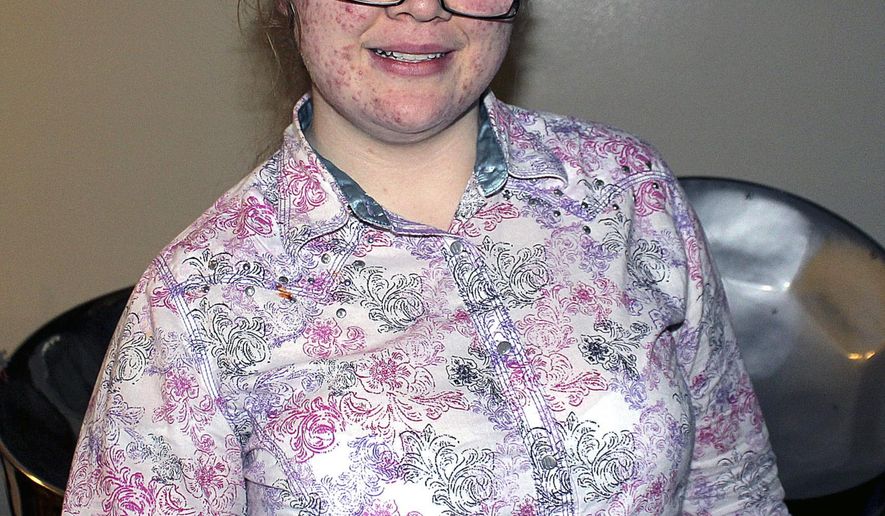CINCINNATI (AP) - Federal authorities said Monday they have completed an agreement with Miami University that resolves allegations in a blind student’s lawsuit that it violated the Americans with Disabilities Act.
The Justice Department, the Ohio school and Aleeha Dudley jointly filed a motion in Cincinnati asking a U.S. District Court judge to approve a consent decree requiring Miami to provide people with disabilities an “equal opportunity” to benefit from the school’s services, programs and activities.
Under the consent decree, Miami will make improvements to ensure that technologies across its campuses are accessible to individuals with disabilities, said Benjamin C. Glassman, attorney for Ohio’s southern district. He said the agreement, among other things, also requires reforms in how Miami procures technologies to ensure it meets various accessibility standards. Miami also will meet with students with disabilities who require technologies or curricular materials in alternative forms and their instructors to develop an accessibility plan.
“This consent decree is going to significantly benefit any and every student with a disability who attends Miami University,” Glassman said.
The decree states that Miami denies that it violated the disabilities law and is committed to providing equal opportunity.
An attorney for Miami said that while ADA regulations include standards for dealing with physical barriers for individuals with disabilities, they don’t include specific standards to deal with technology barriers. The lack of those standards in the law affects colleges’ and universities’ ability to insist on website accessibility from third-party providers, said Mitchell McCrate, deputy general counsel for Miami.
Miami has agreed to follow technical accessibility standards issued by independent organizations and believes the agreement “allows us to move forward and meet the needs of all our students,” McCrate said.
The decree grew from a lawsuit filed by Dudley, who accused Miami of using technology that was a barrier to her education. The Justice Department intervened in that lawsuit.
Dudley, from New Paris, sued the university in 2014. Her lawsuit said course materials were inaccessible to her text-to-speech software and she hadn’t received material in Braille or other forms she could use without help. Her lawsuit also said that Miami violated federal law by failing to provide equal access and that touchscreen systems used at Miami prevented her from ordering food or even doing laundry without help.
In its separate agreement with Dudley, Miami denied liability while agreeing to pay Dudley $108,000 for expenses toward an undergraduate degree at another university. Miami also agreed to pay Dudley $102,000 for pain and suffering and repay up to $50,000 for student loans.
Dudley said in a statement Monday that she is pleased her agreement with Miami allows her to pursue her education and believes the consent decree will improve the educational experience of all blind students at Miami.
“No blind student, at any modern institution of higher education, should encounter the barriers that I experienced,” she said.
A statement from Mark Riccobono, president of the National Federation of the Blind, says the group believes the steps Miami is taking will serve as a model for other colleges and universities.
The university has about 15,000 undergraduate students at its campus in Oxford, 25 miles north of Cincinnati.
___
Associated Press writer Dan Sewell in Cincinnati contributed to this report.




Please read our comment policy before commenting.